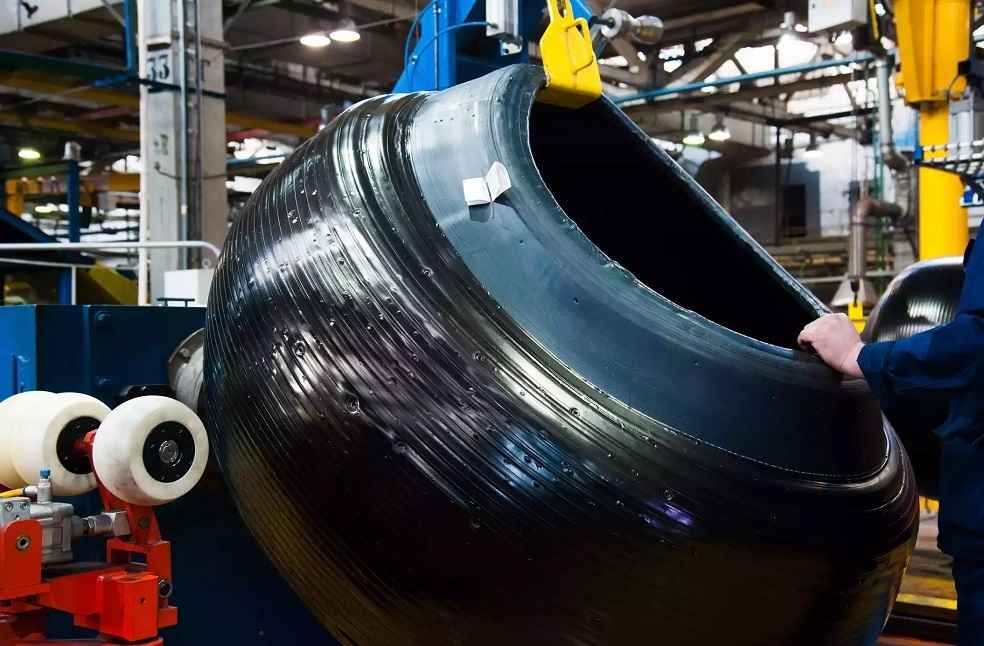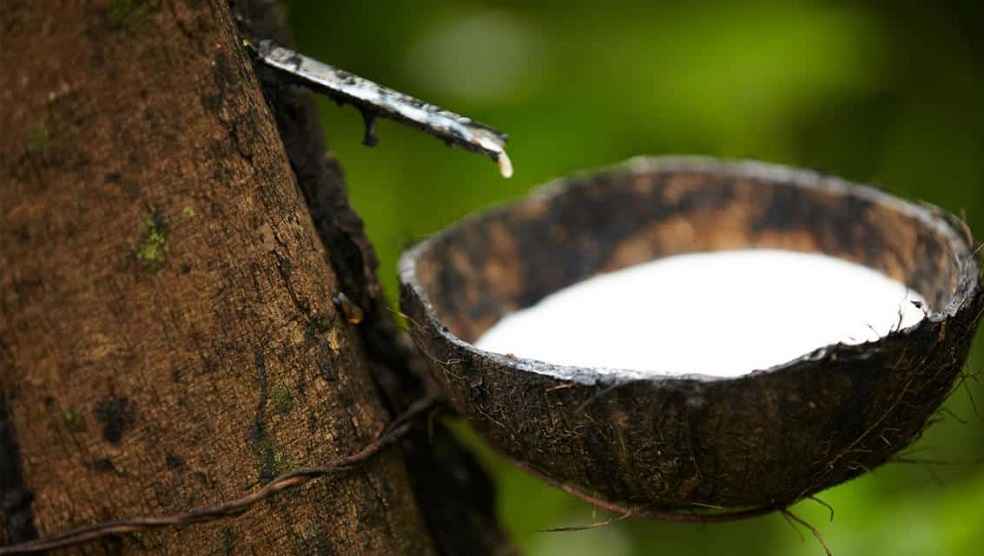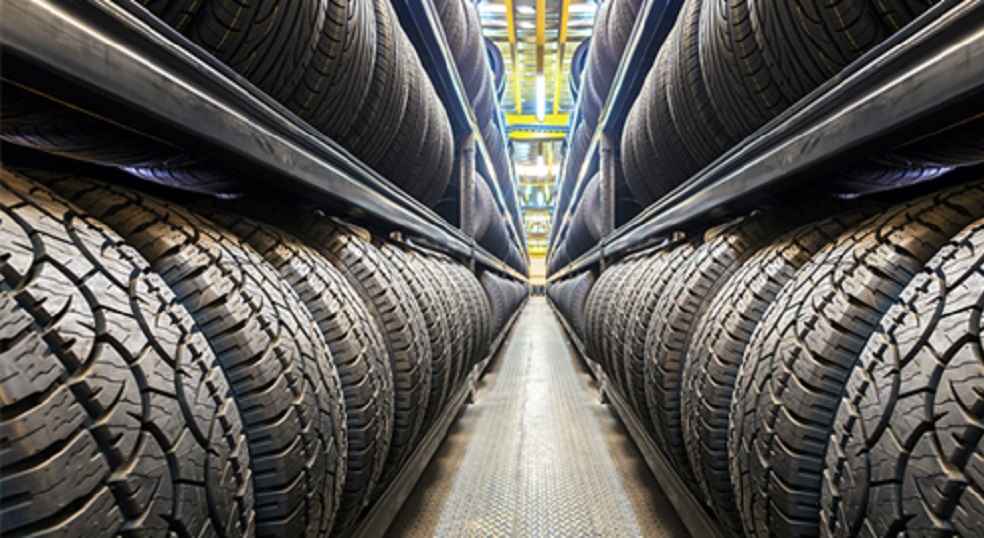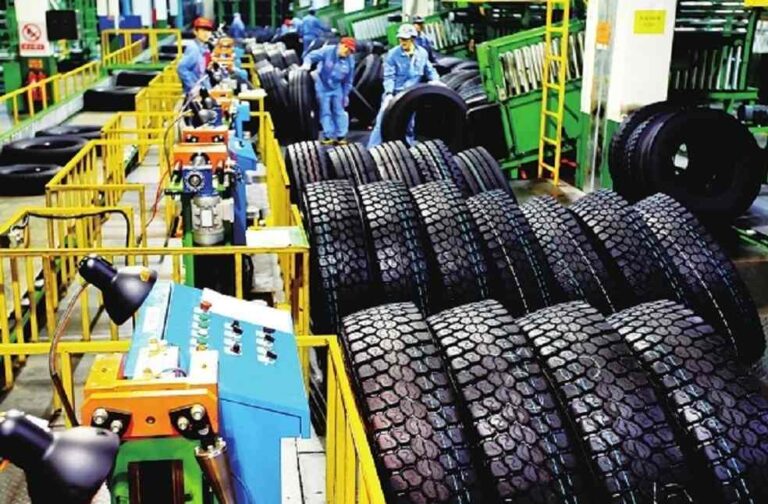The Automotive Tyre Manufacturers’ Association (ATMA) reported a severe shortage of domestic natural rubber, warning of potential disruptions to tire production unless supply issues are urgently addressed. Despite soaring natural rubber (NR) prices, availability has dwindled, with ATMA suspecting that some segments of the rubber industry might be withholding supplies in anticipation of further price hikes.
ATMA Director General Rajiv Budhraja said the tire industry has been experiencing tightness in the domestic availability of natural rubber for some time. Currently, a severe crunch is being witnessed despite NR prices reaching a multi-year high. The lack of natural rubber must be addressed promptly to avoid disruptions in tire production processes.

Discrepancy in Rubber Stock Estimates
The Rubber Board estimated domestic natural rubber stock at 370,000 tonnes at the fiscal year’s start. ATMA asserts that the visibility of such stock to support domestic demand is lacking. This discrepancy complicates production planning for tire manufacturers, who rely heavily on a steady supply of natural rubber to meet both local and global market needs.
Budhraja added that the uncertainty in NR availability, the key raw material, makes production planning at tire plants very challenging. Being customer-centric, tire companies need to meet local and global requirements regardless of any local material shortage.

Heavy Reliance on Imports
With over 70% of the country’s natural rubber consumed by the tire industry, the shortage has forced manufacturers to turn to imports to bridge the gap. The timing of these imports remains uncertain and may coincide with peak domestic production, further complicating supply chain management.
ATMA noted, consuming interests have no option but to increase reliance on imports of natural rubber to bridge the huge deficit. Imports contracted now, with no visibility of local arrivals, may arrive subsequently and coincide with peak domestic production season.

Call for Regulatory Intervention
ATMA has urged the Rubber Board to closely monitor recent domestic NR sales volumes and to encourage growers, dealers, and processors to ensure consistent and adequate availability. This stabilizes the market and prevents further disruptions to the tire manufacturing industry.
Budhraja emphasized the tire industry accounts for over 70% of the country’s natural rubber consumption. Ensuring a steady supply is crucial for maintaining production schedules and meeting both domestic and international demand.
As the natural rubber supply fall continues to challenge the industry, the call for immediate and effective action by regulatory bodies becomes increasingly critical to prevent long-term repercussions on tire production and market stability.
POLICY & LAW | US Revokes Licences for Exports to China’s Huawei



